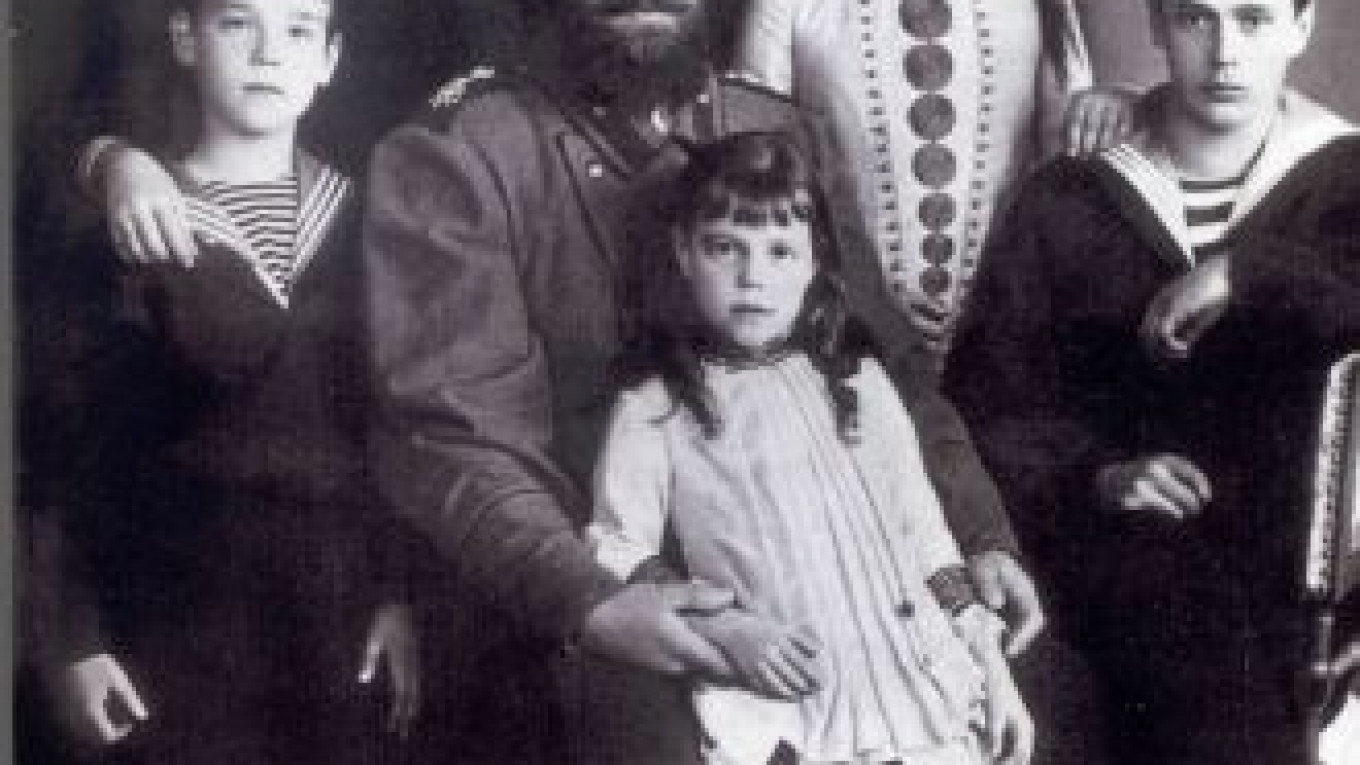GENEVA — Some 2,000 letters, postcards and photographs sent by the last Russian tsar’s siblings to their private tutor will go under the hammer in Geneva next month.
The correspondence from Tsar Nicholas II’s younger brothers George and Mikhail and their sisters Ksenia and Olga to their Swiss tutor Ferdinand Thormeyer has never before been published, Swiss auction company Hotel des Ventes said.
Chief auctioneer Bernard Piguet said the letters were “really intimate documents” covering the period from 1881 to 1959. The correspondence reveals details about life within the Romanov Imperial family and gives an insight into the siblings’ childhood, journeys and life in exile.
“All the family were a little bit disconnected from reality,” Piguet said. “They loved Russia, but they didn’t realize that changes were going to happen.”
George died in an accident in 1899. His brother Mikhail was killed after the 1917 Revolution that saw older brother Nicholas II deposed and then executed in 1918. Their sisters Ksenia and Olga died in exile in 1960.
The collection — which also includes a gold, silver and sapphire cigarette case bearing a signed personal message from Nicholas and George — is divided into 45 lots with a total estimated value of $70,000 to $100,000.
“We hope all the lots will be purchased by a single person who will keep them together,” Piguet said.
Hotel des Ventes said the papers were discovered recently in a dust-covered storage trunk by Thormeyer’s descendants.
Little has been written about Thormeyer, who traveled to Russia at age 18 in 1876 and began teaching French and literature to the Romanov children 10 years later. He taught the future tsar, Nicholas, for three years and later tutored the younger siblings until 1899.
A Message from The Moscow Times:
Dear readers,
We are facing unprecedented challenges. Russia's Prosecutor General's Office has designated The Moscow Times as an "undesirable" organization, criminalizing our work and putting our staff at risk of prosecution. This follows our earlier unjust labeling as a "foreign agent."
These actions are direct attempts to silence independent journalism in Russia. The authorities claim our work "discredits the decisions of the Russian leadership." We see things differently: we strive to provide accurate, unbiased reporting on Russia.
We, the journalists of The Moscow Times, refuse to be silenced. But to continue our work, we need your help.
Your support, no matter how small, makes a world of difference. If you can, please support us monthly starting from just $2. It's quick to set up, and every contribution makes a significant impact.
By supporting The Moscow Times, you're defending open, independent journalism in the face of repression. Thank you for standing with us.
Remind me later.






